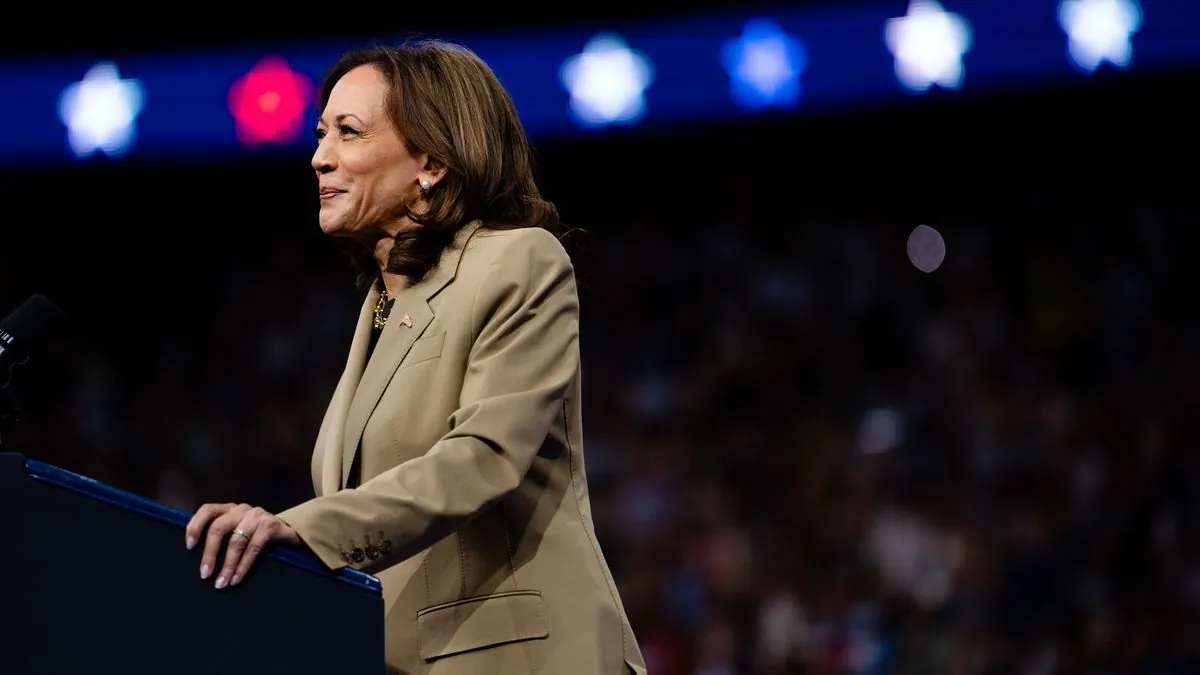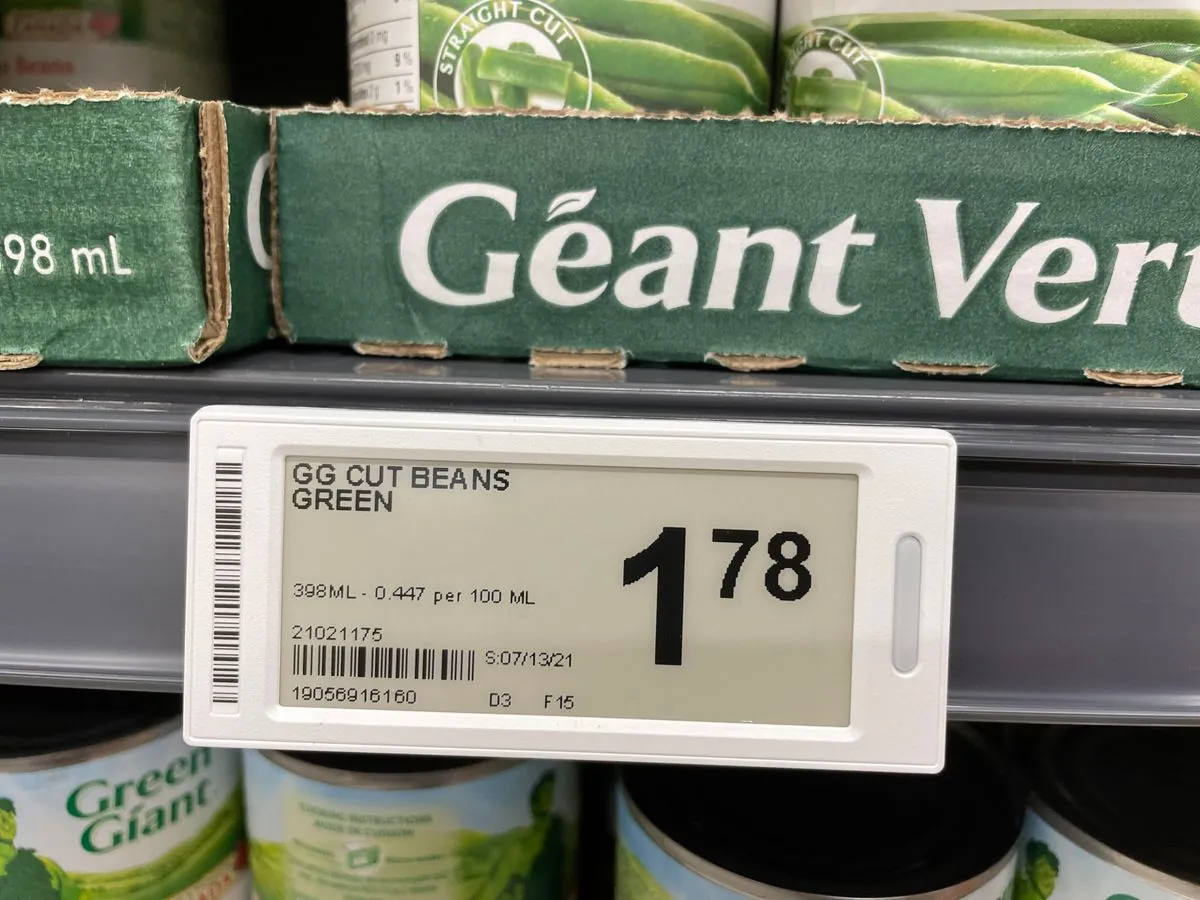Harris Unveils Bold Economic Plan: Medical Debt Relief, Price Controls, and More
Vice President Kamala Harris presents a comprehensive economic agenda, focusing on cost reduction for American families. The plan includes medical debt elimination, grocery price controls, and expanded tax credits.

In a significant policy announcement, Vice President Kamala Harris has unveiled a comprehensive economic agenda aimed at addressing the financial concerns of American families. The plan, revealed in August 2024, marks a notable shift towards more aggressive government intervention in the economy, building upon and expanding several initiatives from the Biden administration.
At the core of Harris's proposal is a focus on cost reduction for everyday Americans. Key elements include:
- Elimination of medical debt for millions
- A ban on price gouging for groceries and food
- Caps on prescription drug costs
- A $25,000 subsidy for first-time homebuyers
- An expanded Child Tax Credit
The Child Tax Credit proposal is particularly noteworthy, offering $6,000 per child for the first year of a baby's life. This builds upon the credit's history, which dates back to its introduction in 1997. Harris also aims to restore the expanded credit that expired at the end of 2021, which had increased the benefit from $2,000 to $3,000 for most families.

Harris's plan to ban "price gouging" in grocery and food prices represents a bold step in consumer protection. This measure would empower the Federal Trade Commission, established in 1914, to impose substantial fines on grocery stores implementing "excessive" price hikes. The proposal comes in response to a 26% increase in grocery prices between 2019 and 2024.
In healthcare, the Vice President's agenda builds on existing policies while introducing new initiatives. Harris pledges to expand provisions of the 2022 Inflation Reduction Act, including capping out-of-pocket insulin costs at $35 per month and limiting annual prescription drug spending to $2,000 for all Americans, not just Medicare beneficiaries. These proposals align with the ongoing debate on universal healthcare, which has been a topic of discussion in the U.S. since the early 20th century.
The plan also addresses housing affordability, a growing concern for many Americans. Harris proposes expanding tax credits to incentivize housing construction and offering $25,000 in federal down-payment assistance to over a million first-time home buyers. This initiative builds on the legacy of housing programs dating back to the creation of Fannie Mae in 1938 and the establishment of the Department of Housing and Urban Development in 1965.
While the agenda has garnered support from many within the Democratic Party, it has also faced criticism. Some economists express concerns about the potential for price controls to create shortages and ultimately harm consumers. Additionally, the fiscal implications of these proposals have raised questions about long-term sustainability.
"The good case scenario is price gouging is a message, not a reality, and the bad case scenario is that this is a real proposal. You'll end up with bigger shortages, less supply and ultimately risk higher prices and worse outcomes for consumers if you try to enforce this in a real way."
Despite these concerns, Harris's economic agenda represents a significant moment in American politics. It reflects a growing trend within the Democratic Party towards more interventionist economic policies, moving away from the traditional "what's good for free enterprise is good for America" approach. As the 2024 presidential election approaches, this bold economic vision is likely to play a crucial role in shaping the national debate on economic policy and the future direction of the country.


































